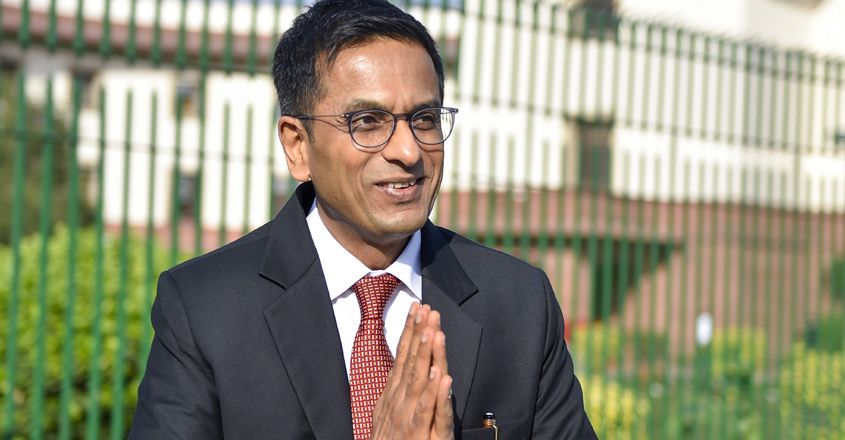Justice Dhananjaya Yeshwant Chandrachud will take over as India’s 50th Chief Justice (CJI) after the country’s top justice UU Lalit formally recommended him as his successor on October 11.
The government follows a procedure to seek advice from the CJI to appoint a successor. On October 11, CJI Lalit handed in the letter appointing Judge Chandrachud, 62, as the country’s next top justice.
CJI Lalit stepped down on November 8 after a brief tenure of more than two months. Justice Chandrachud will be sworn in the next day until November 10, 2024.
According to the protocol, the Supreme Court Judge will serve as the Chief Justice of India. CJI’s recommendations to its successor follow this protocol.
He was one of the pews that decriminalised homosexuality, legalised adultery and allowed women to enter the Sabrimala temple.
Orders of Supreme Court proceedings, the historic ruling on the long-standing Ayodhya dispute and the Standing Committee on Women in the Armed Forces were also passed by the bench where Justice Chandrachud was seated live to the public.
Recently, justices led by Justice Chandrachud passed a historic decision extending the right to abortion to all women, regardless of marital status, and set out to extend this right to all who need it without limiting it to cisgender females.
Justice Chandrachud was appointed to the Supreme Court in May 2016 after serving as Chief Justice of the Allahabad High Court for nearly two and a half years. In 2000, he was appointed a judge of the Bombay High Court, his parents’ high court.
- DPIIT Teams Up With Startup Policy Forum
- Rural Poverty Slips Below 5% for FY24
- Capital Infra Trust InvIT IPO Preview: Latest capital Infra GMP, Lot, Price & Key Dates
- Smartworks Leases a New Office Space in Gurugram
- Indian Railway Finance Shares Surge 3% on Signing an MoU with REMC
Justice Chandrachud practised in the Bombay High Court and Supreme Court before being promoted to the High Court. He was appointed senior lawyer in 1998 and was later appointed as an additional deputy attorney general until he was promoted to judge.





